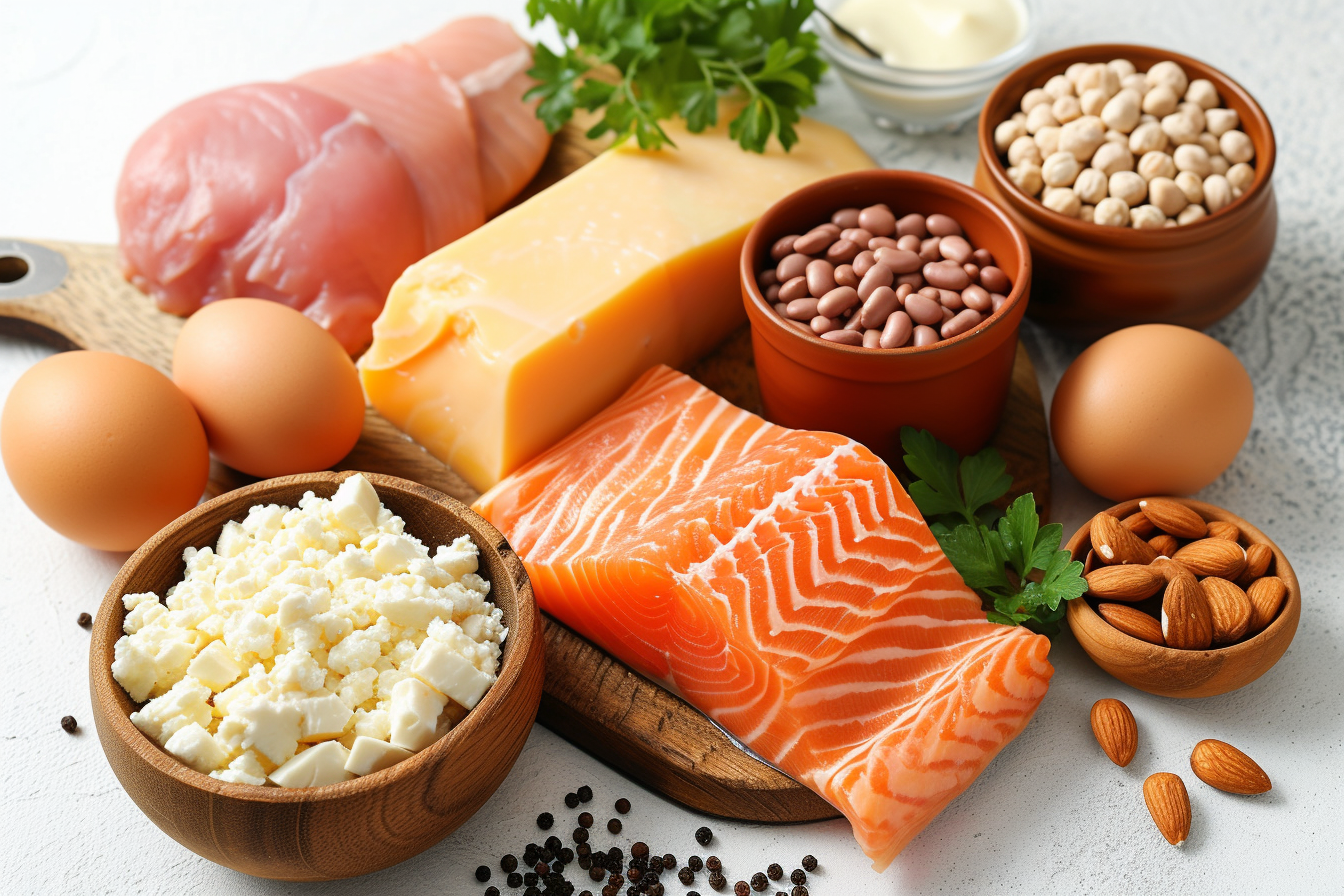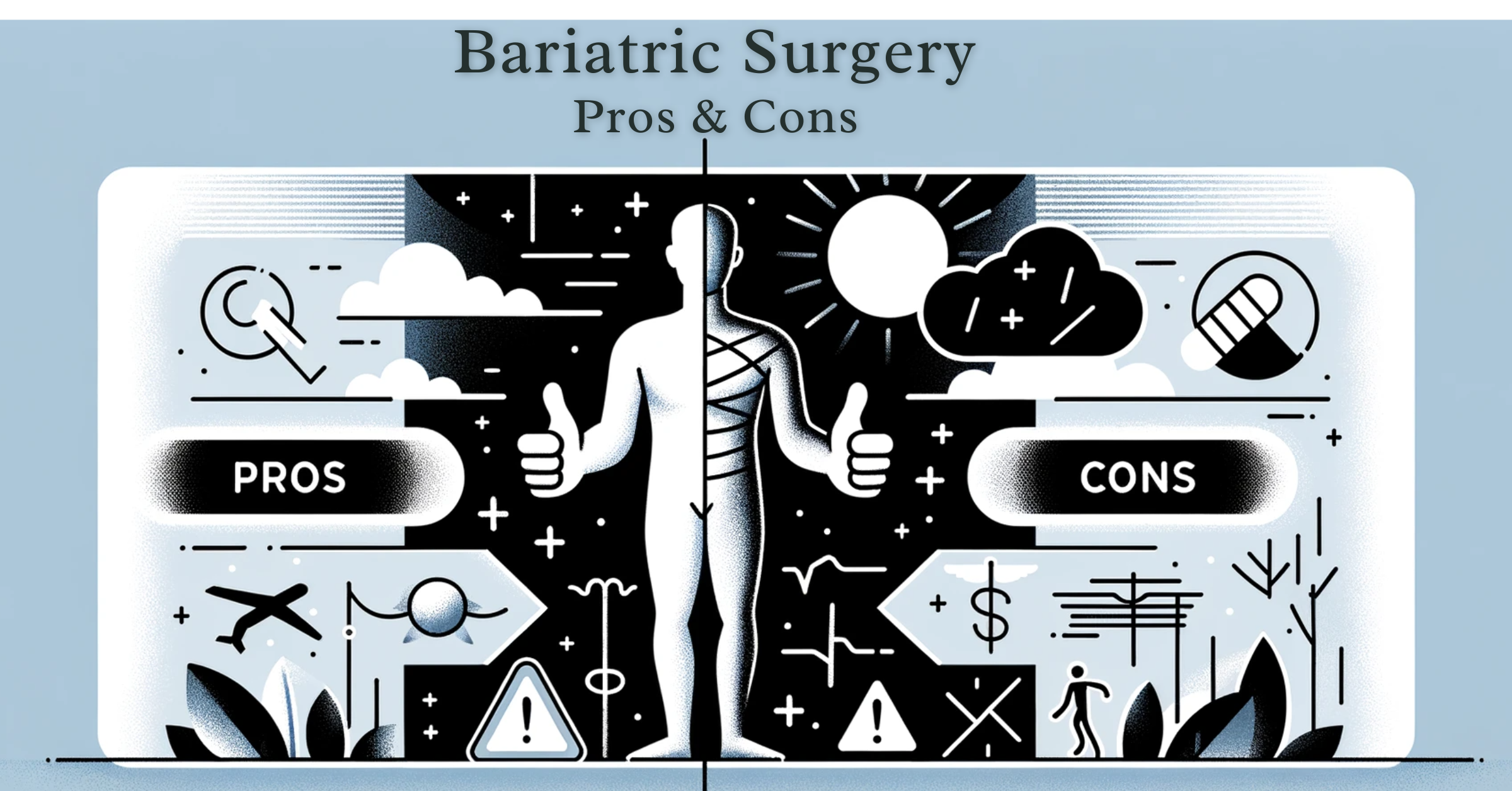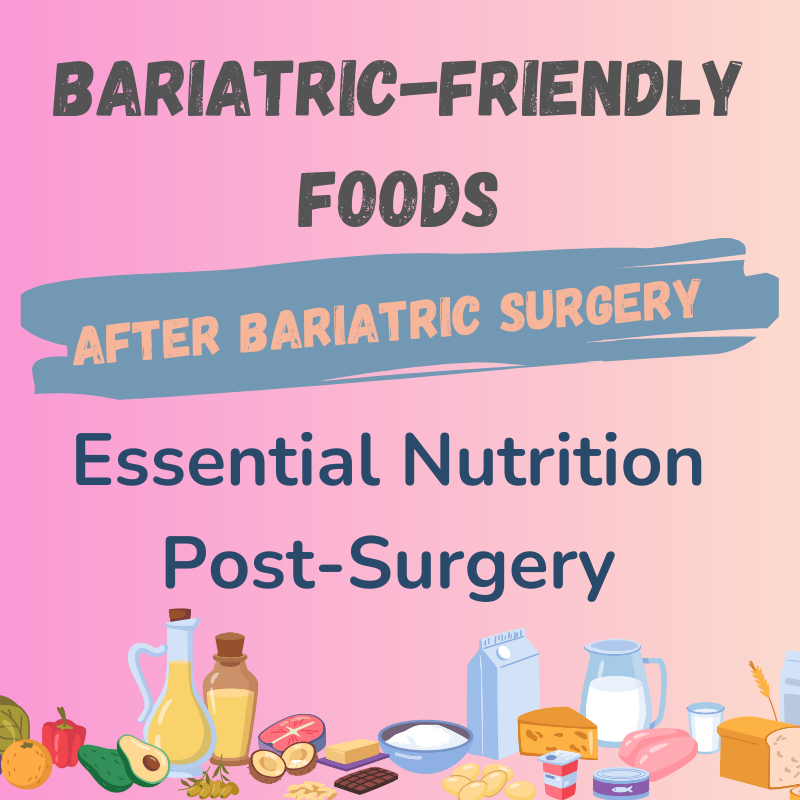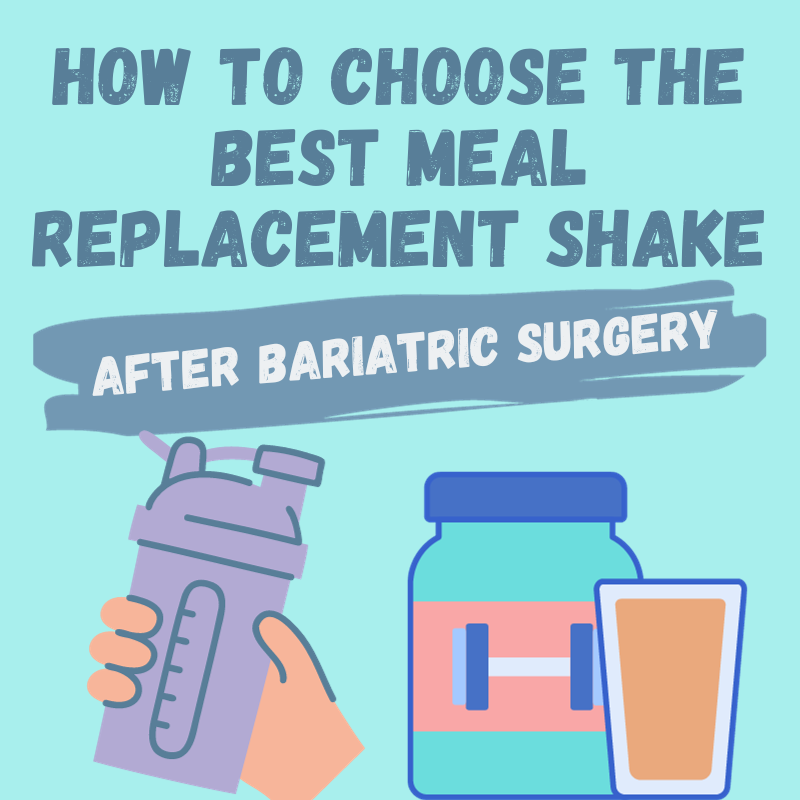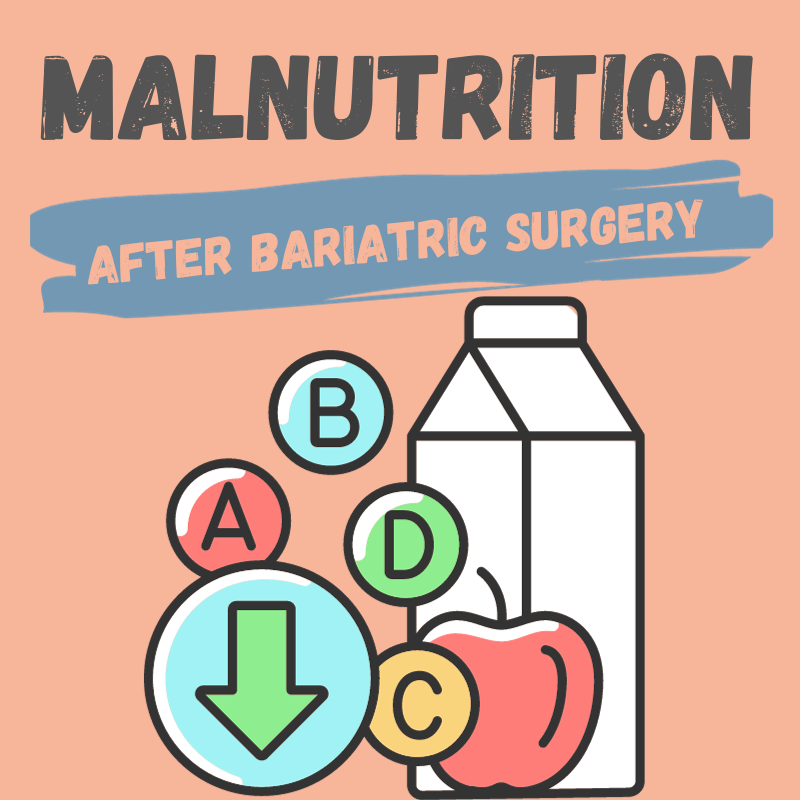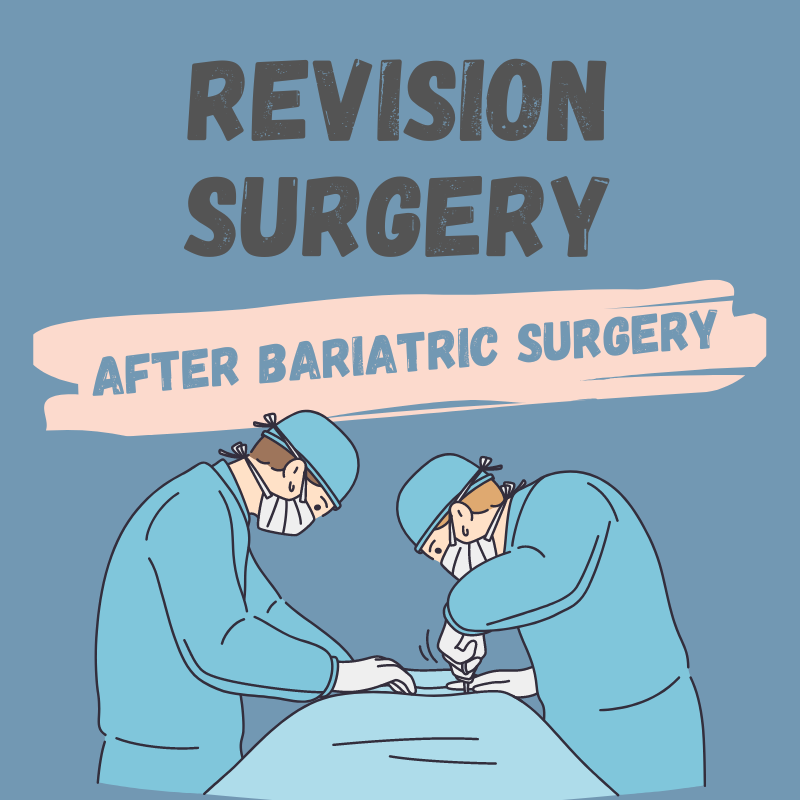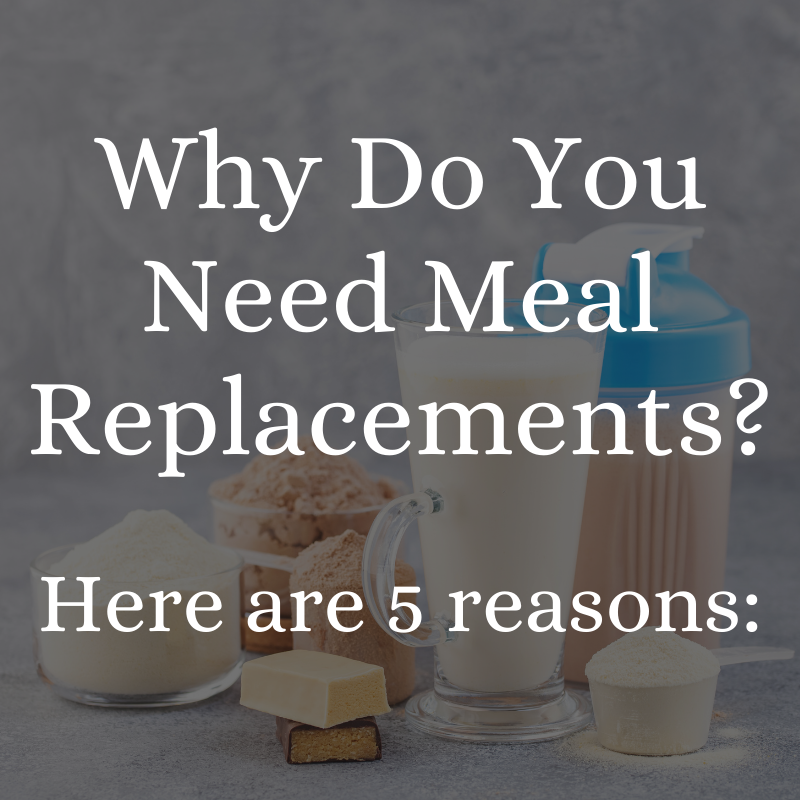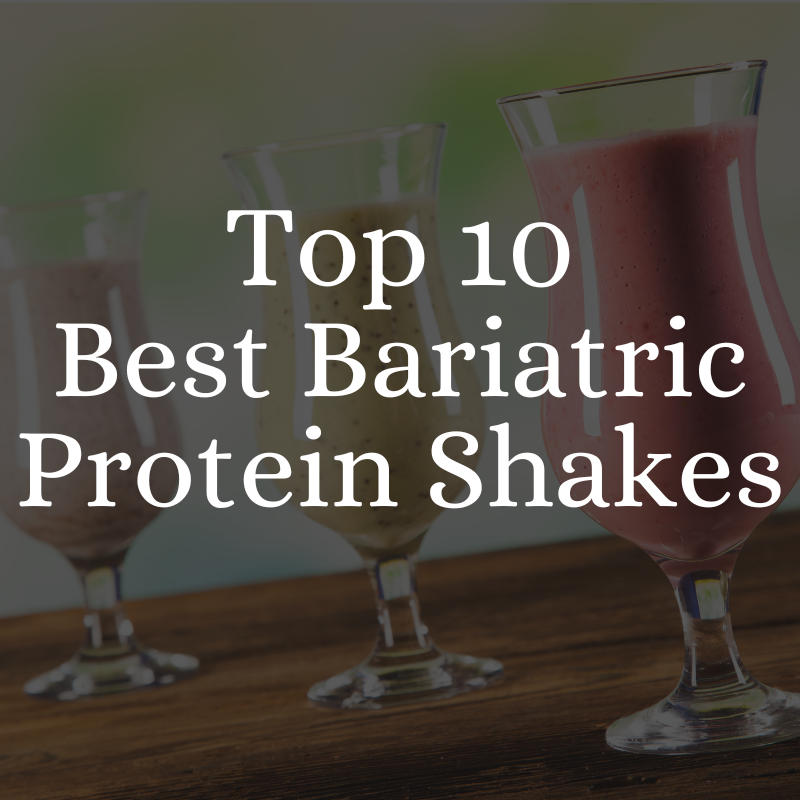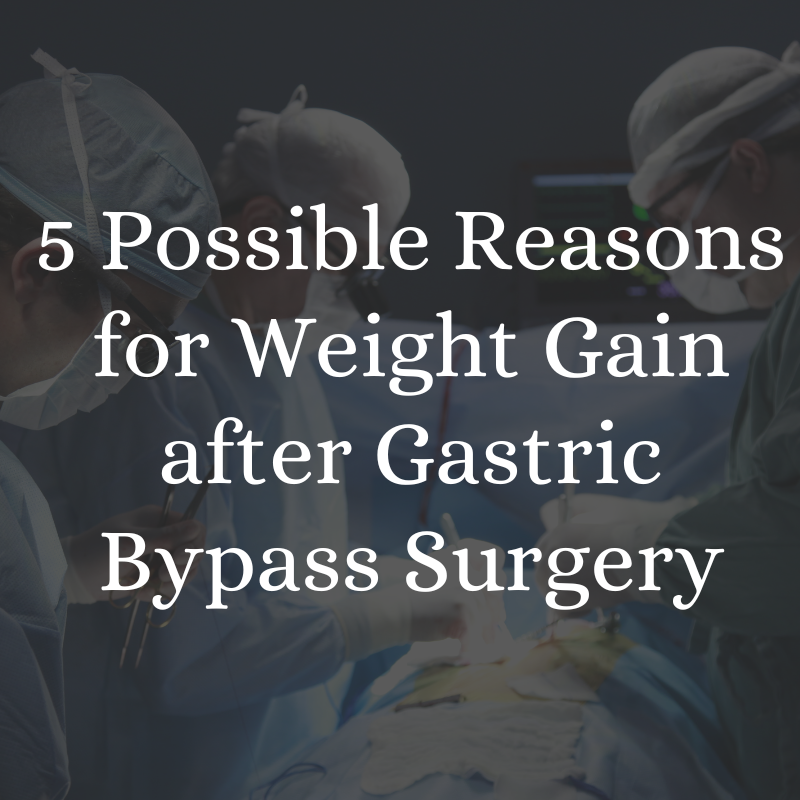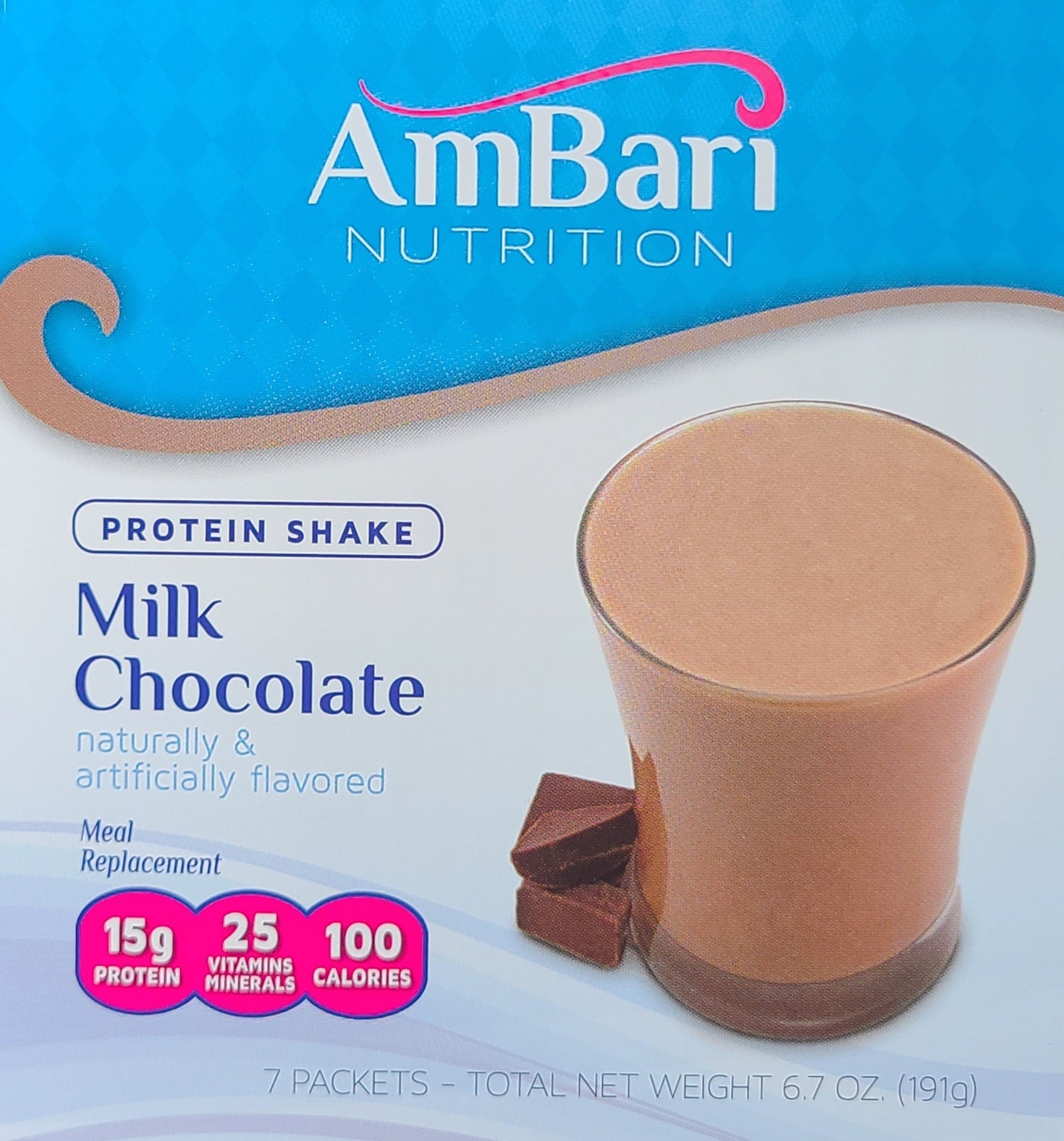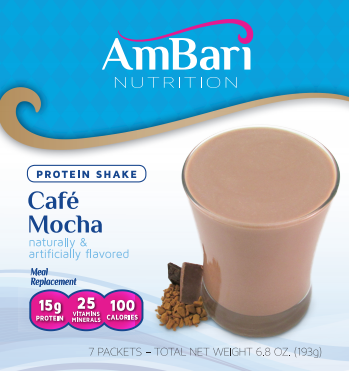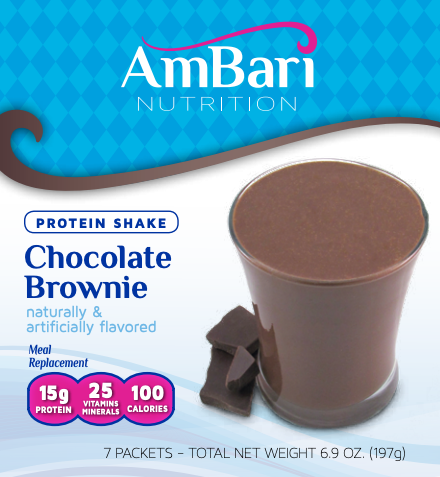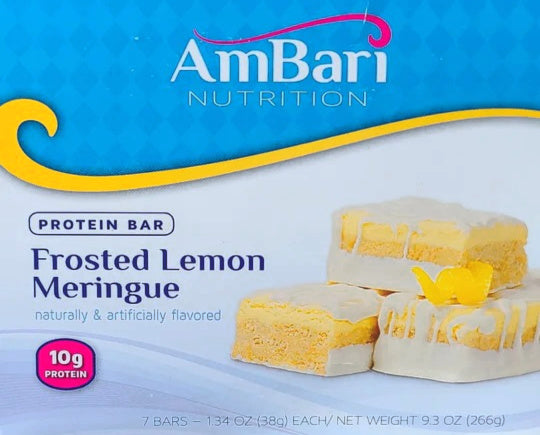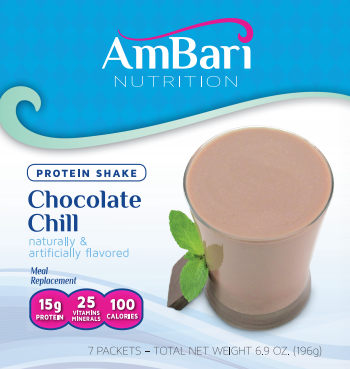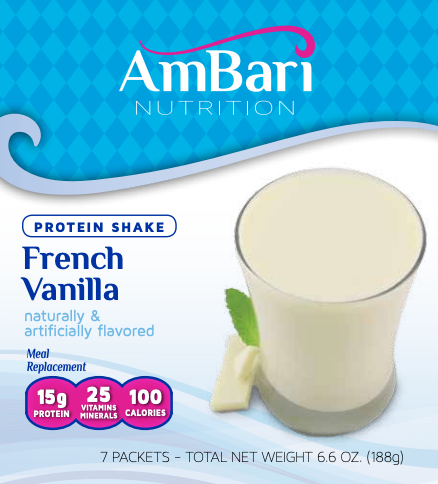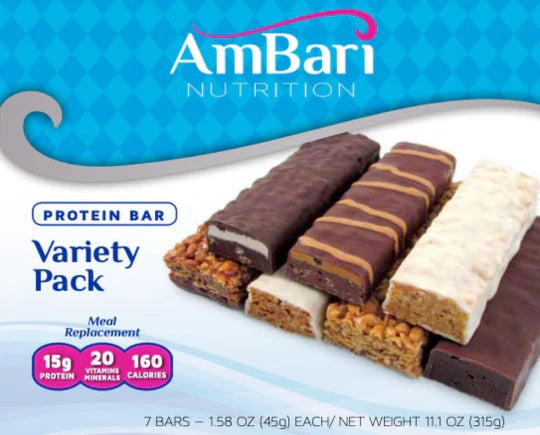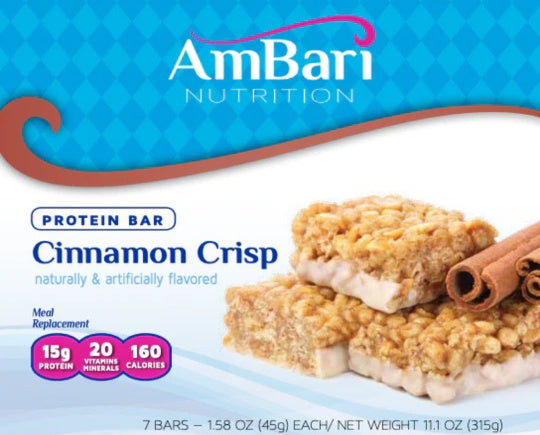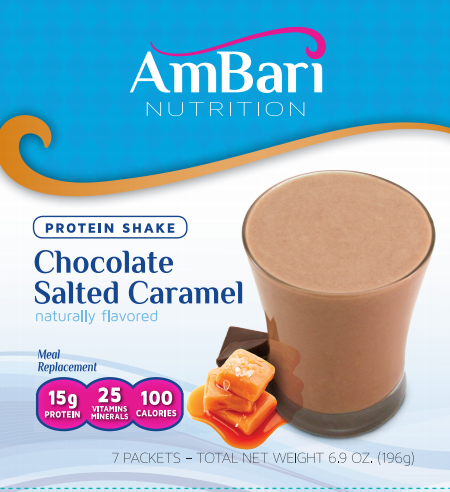Your cart is empty
Foods To Avoid After Bariatric Surgery

With a smaller stomach and altered digestion, your body's response to certain foods can change dramatically after bariatric surgery. This guide will help you understand the foods and beverages you should avoid to ensure a smooth recovery and successful weight loss journey. From sugary treats to high-fat foods, we'll explore why these items can cause discomfort and hinder your progress.
If you are considering bariatric surgery, you may be wondering about the dietary changes that will be necessary post-procedure. While everyone's needs and tolerances will be different, there are general recommendations for which foods and drinks to avoid.
Foods to Avoid After Bariatric Surgery
Post-surgery, you may also experience food intolerances that you didn't have before. These may include:
-
Red Meat: Certain meats can be hard to digest after bariatric surgery, particularly if they aren't chewed thoroughly. Tough cuts of meat like steak, pork chops, or certain types of game can remain in the stomach for a longer time, leading to discomfort and potentially serious complications like gastric obstruction. It's often recommended to choose tender cuts of meat or alternative protein sources like poultry, fish, or plant-based proteins.
- Raw Vegetables: Similarly, raw vegetables can be difficult to digest after bariatric surgery. Foods like raw carrots, broccoli, and celery can block the small opening of your new stomach if they aren't chewed thoroughly, leading to pain, vomiting, and potentially serious complications. It's often recommended to cook vegetables until they're soft to aid digestion. Steaming, boiling, or roasting vegetables can make them easier to digest while still retaining their nutritional value.
-
Greasy, High-Fat Foods: Foods high in fat can be difficult to digest and can contribute to discomfort and unwanted weight gain.
Examples of high-fat foods to avoid include fried foods like french fries, fried chicken, and doughnuts, high-fat meats such as bacon, sausage, and fatty cuts of beef or pork, and full-fat dairy products like whole milk, cream, and cheese. Other high-fat foods to avoid include certain snack foods like chips and crackers, baked goods made with large amounts of oil or butter, and high-fat sauces and dressings like mayonnaise and ranch dressing.
-
Heavily Seasoned or Spicy Foods: These foods can irritate your stomach lining, leading to discomfort. It's best to opt for lightly seasoned foods and gradually reintroduce spices as tolerated.
-
Sugar Alcohols: Sugar alcohols, such as erythritol, glycerol, mannitol, sorbitol, and xylitol, can cause digestive issues like gas, bloating, and diarrhea, especially in the amounts found in sugar-free products.
-
Foods Reheated in the Microwave: Some people find that foods reheated in the microwave are less tolerated after bariatric surgery. This may be due to changes in the food's texture when microwaved.
Drinks to Avoid After Bariatric Surgery

Certain drinks may irritate your healing stomach and should be avoided after bariatric surgery. These include:
-
Caffeine: It's recommended to avoid caffeine for at least three months after surgery. This includes coffee, tea, and certain energy drinks. Caffeine can lead to dehydration and may increase acid production, potentially leading to stomach discomfort or ulcers.
-
Carbonated Beverages: Carbonated beverages should also be avoided for at least three months after surgery. The bubbles from these drinks can expand in your stomach, causing discomfort and potential complications.
-
Alcoholic Drinks: Alcoholic drinks should be avoided for at least six months after surgery. Alcohol can also contribute to stomach ulcers, a potential complication after surgery. It can irritate the stomach lining and increase acid production, which can harm your new, smaller stomach.
Even after your stomach heals, you may find that certain beverages are no longer tolerated well and may need to be removed from your diet indefinitely.
Sugary Foods and Drinks to Avoid After Bariatric Surgery

Foods and beverages high in sugar can lead to "dumping syndrome," a condition where food moves from your stomach into your small bowel too quickly. This rapid transit can cause unpleasant symptoms like nausea, vomiting, diarrhea, and dizziness. It can also lead to rapid heart rate and sudden drops in blood sugar levels, which can be particularly uncomfortable.
Examples of sugary foods and drinks to avoid include candies such as gummy bears and chocolate bars, baked goods like cookies and cakes, sugary cereals, ice cream, and sweet sauces or dressings like barbecue sauce and ketchup. Sugary beverages to avoid include soda, fruit juice, sweetened iced tea, energy drinks, and specialty coffee drinks like lattes and frappuccinos that often contain high amounts of added sugar.
These foods and drinks are often high in calories but low in nutritional value, making them less than ideal for weight loss. They can also contribute to tooth decay, especially if your fluid intake is not sufficient to wash away the sugar.
If you would like to go into more detail about this topic, check out this article: 7 Healthy Foods To Avoid After Bariatric Surgery
Author: Allison Allison, a certified nutritionist and research author, brings over 15 years of experience in the health and weight loss industry. Allison's influence extends through her authorship of multiple health and wellness journals, where she shares her expertise and research on medical weight loss and bariatric medicine. |
Reviewed By: Dr. K. Huffman Dr. Kevin D. Huffman, D.O., is a board-certified bariatric physician renowned for his expertise in treating obesity. With over 10,000 patients and a reputation as a national leader in bariatric medicine, he has trained hundreds of healthcare providers. As the founder of American Bariatric Consultants, Dr. Huffman develops protocols and training materials sought after by medical societies, pharmaceutical companies, patients, and hospitals. |
Bariatric Guides & Information
More Info
Customer Favorites
- Choosing a selection results in a full page refresh.

